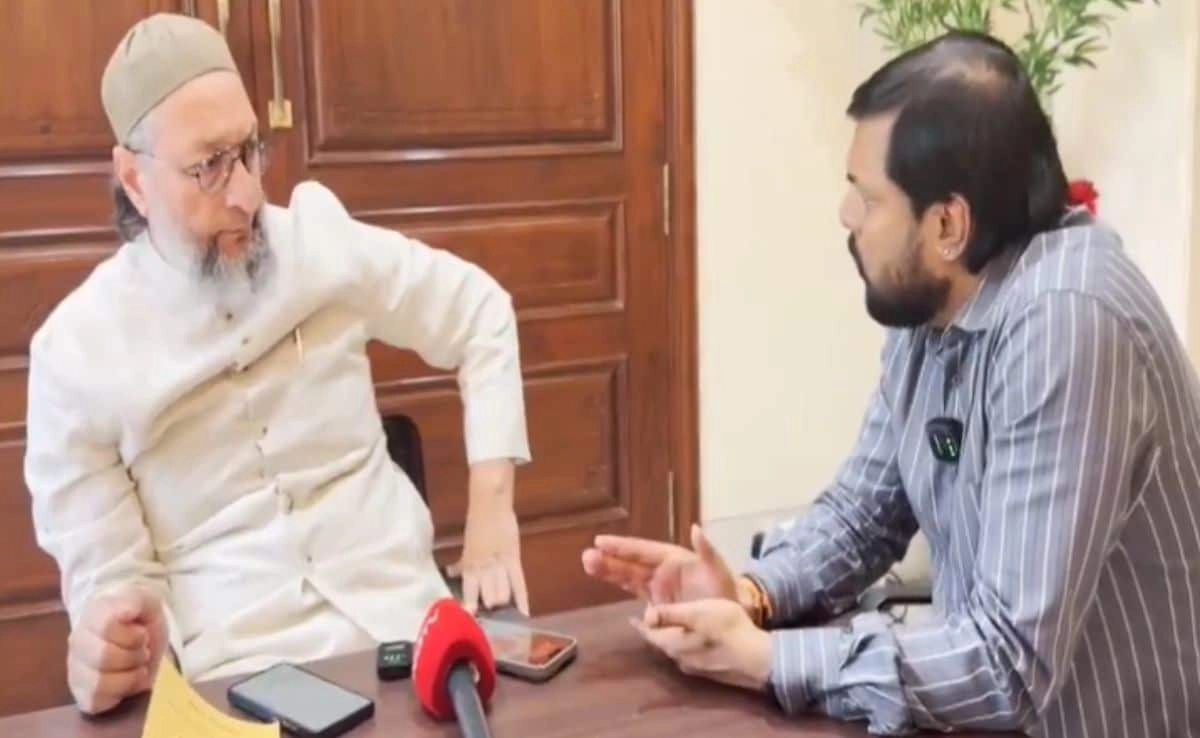In a recent statement that has sparked considerable discussion, Asaduddin Owaisi, the leader of the All India Majlis-e-Ittehadul Muslimeen (AIMIM), criticized the Chief of the Rashtriya Swayamsevak Sangh (RSS) for promoting a controversial three-child policy. Owaisi’s remarks center on the fundamental question of individual rights and the role of political leaders in personal life decisions. He challenged the authority and legitimacy of the RSS chief’s stance, questioning who he is to dictate how many children people should have. This inquiry reflects a broader concern regarding the implications of such policies on personal freedoms and the autonomy of families across diverse communities in India.
Owaisi’s critique highlights the intersection of politics and personal choice, emphasizing that decisions about family planning should be left to individuals rather than being influenced by political ideologies or organizational agendas. The notion of a three-child policy raises significant ethical and social issues, particularly in a country as diverse as India, where cultural, religious, and economic factors deeply influence family size preferences. By asserting that family planning is a private matter, Owaisi advocates for a more inclusive approach that respects the rights of all citizens, irrespective of their religious or cultural backgrounds.
Furthermore, Owaisi’s comments also serve as a reminder of the ongoing tensions between different political factions in India. The RSS, with its roots in Hindu nationalist ideology, often promotes policies that critics argue could marginalize minority communities. Owaisi’s response can be seen as a call to action for those who believe in a more pluralistic society, emphasizing the need to challenge narratives that seek to impose particular ideologies on the population. His remarks resonate with a growing sentiment among various groups in India, advocating for the importance of individual freedoms and the right to make personal choices without external interference from political leaders or organizations.
In conclusion, the debate sparked by Owaisi’s comments on the RSS chief’s push for a three-child policy underscores the complexities of governance, personal freedoms, and the rights of individuals in a diverse society. It raises critical questions about the role of political leaders in the private lives of citizens and emphasizes the need for a respectful dialogue that acknowledges the varied cultural contexts within the country. As this discussion evolves, it remains essential to ensure that policies and ideologies do not infringe upon the rights of individuals to make personal choices regarding their families and futures.




